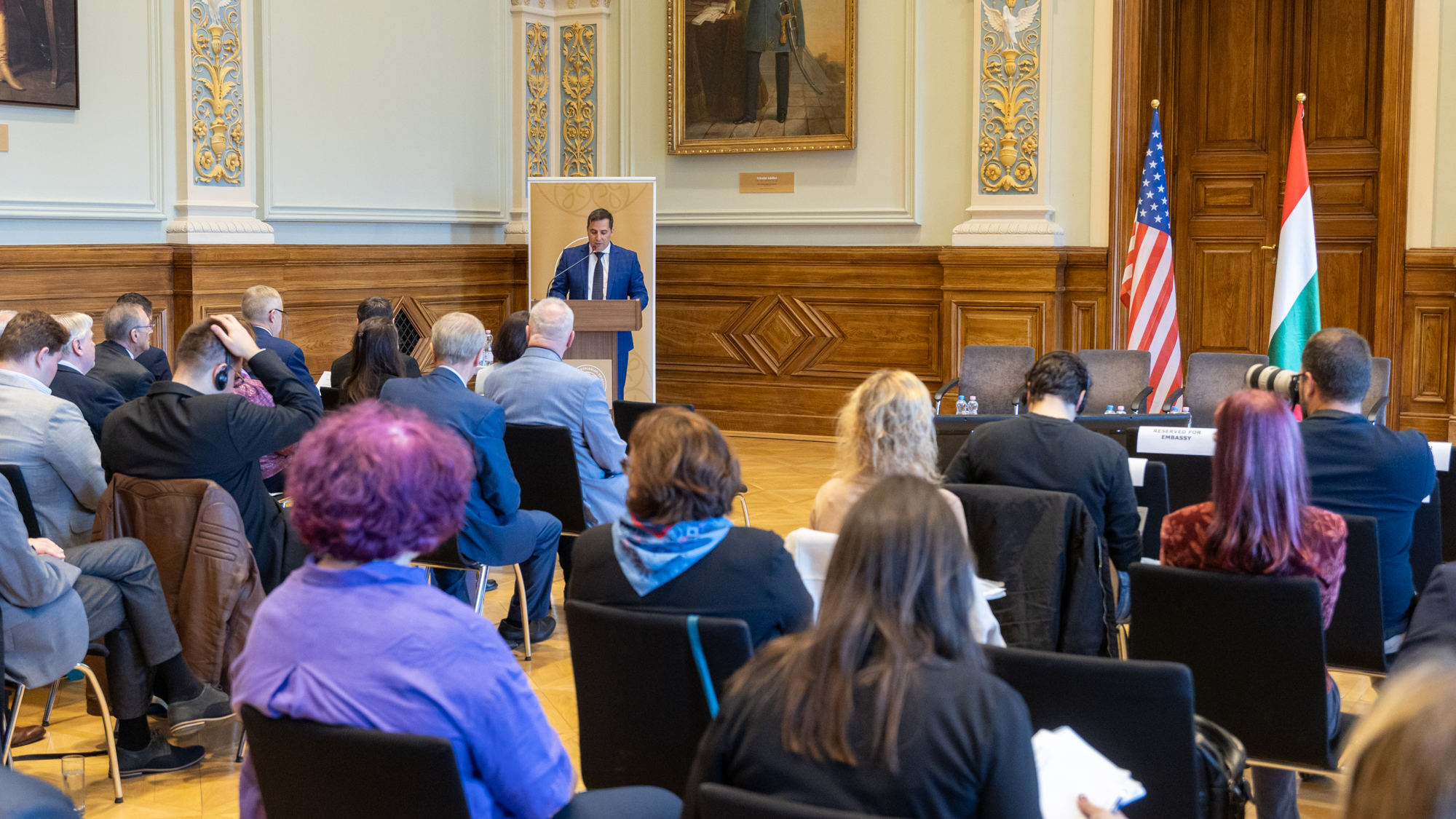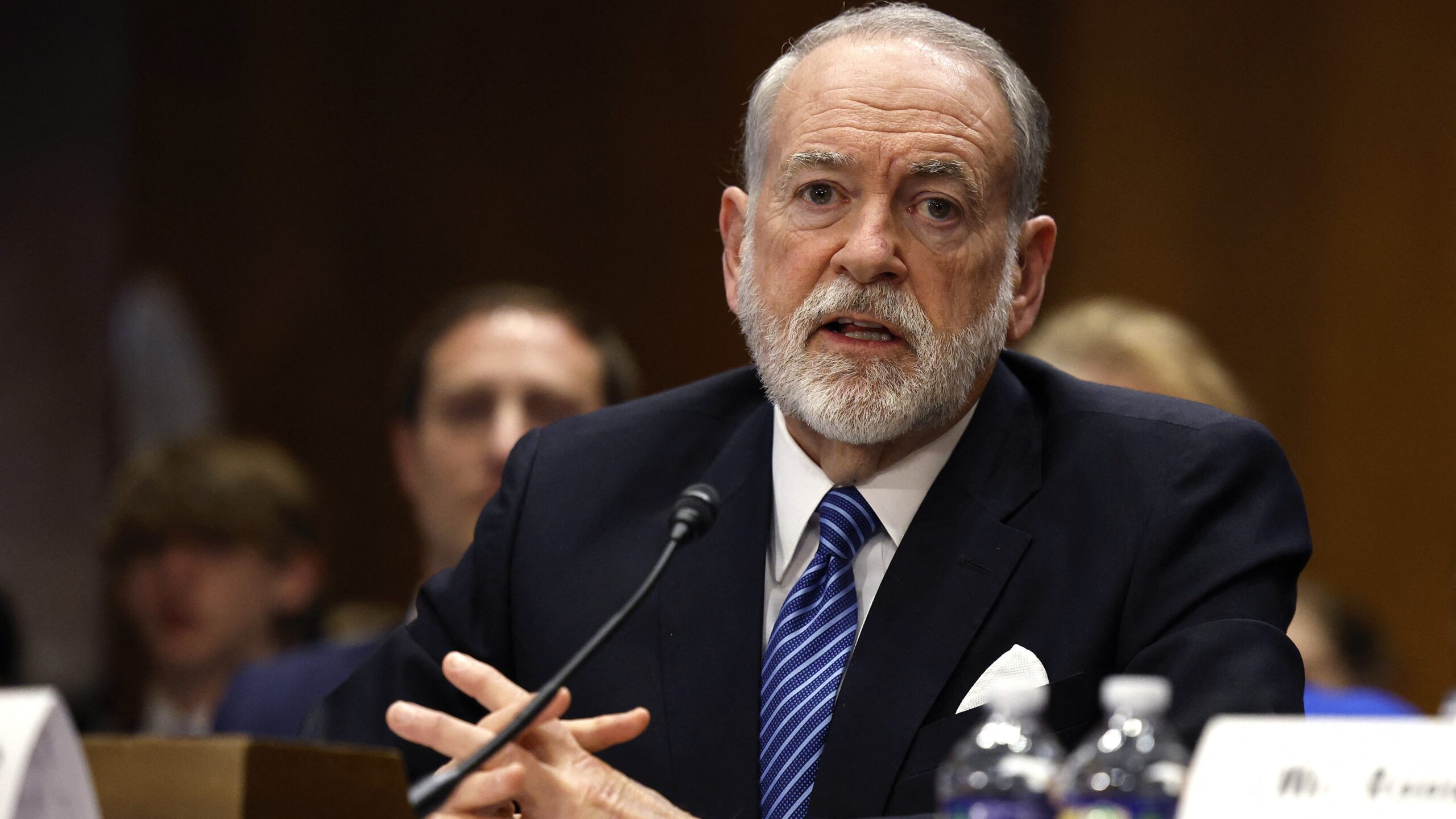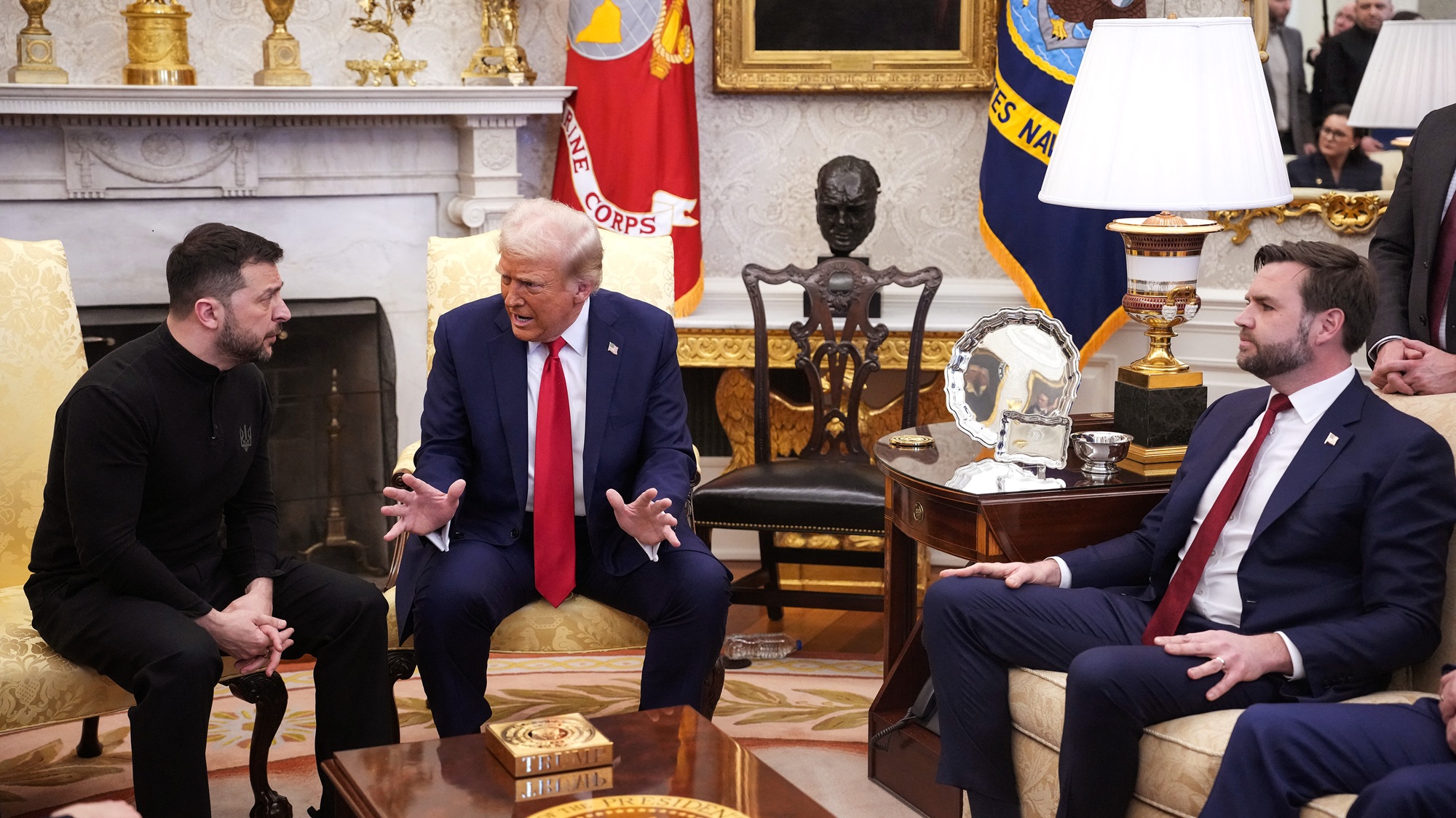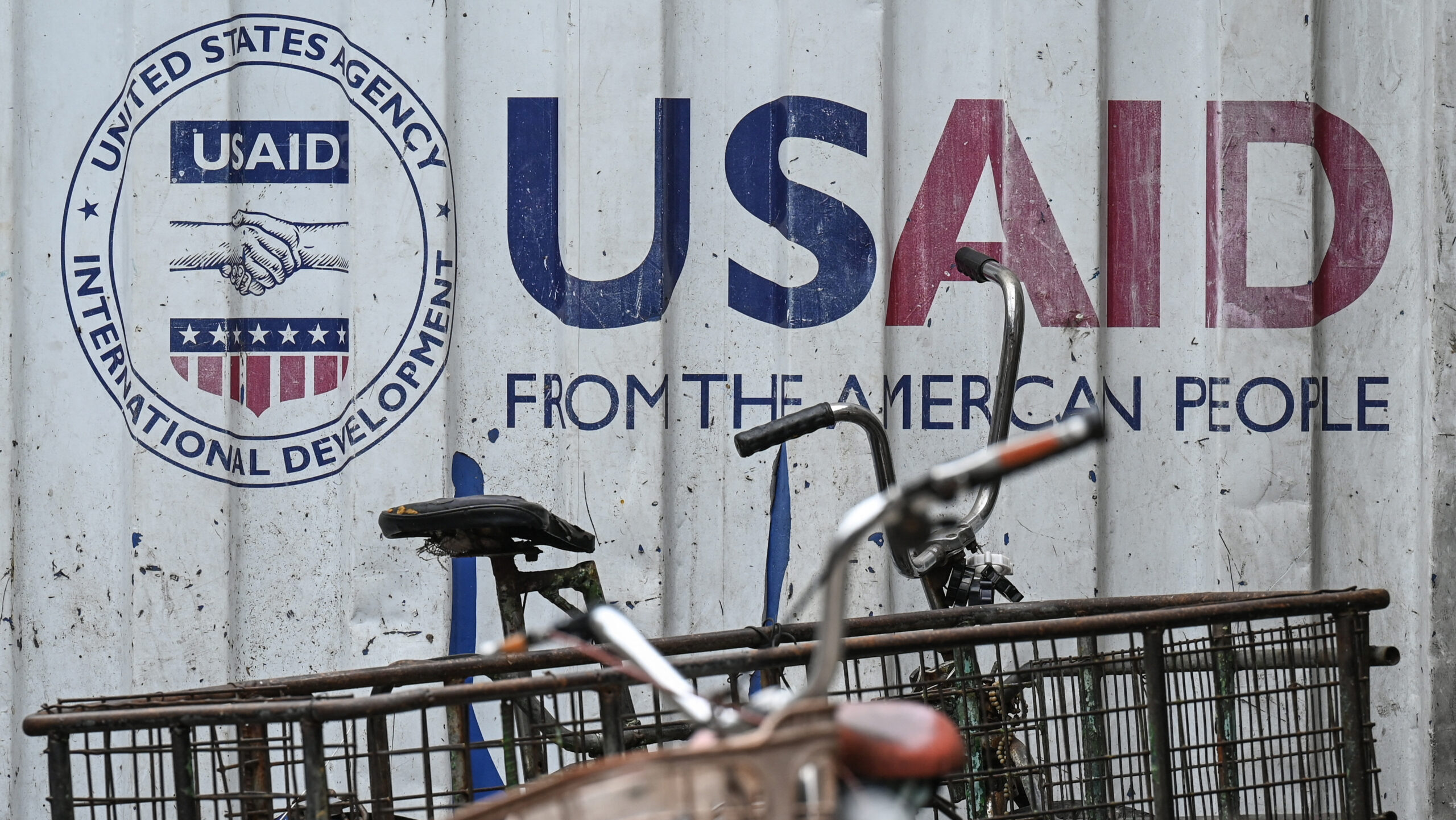
BioTech USA Investment Creates 100 New Jobs in Hungary
BioTech USA has created 100 new jobs through a 9.5 billion forint investment programme, including a new robotized production plant in Szada, Foreign Minister Péter Szijjártó said on Wednesday.

BioTech USA has created 100 new jobs through a 9.5 billion forint investment programme, including a new robotized production plant in Szada, Foreign Minister Péter Szijjártó said on Wednesday.

What is the significance of the American military intervention aiming to capture President Maduro? What went wrong during the Chávez era? What will be the fate of the Maduro—and the Cuban—regime? The Hungarian Conservative asked the prominent Venezuelan opposition figure in Budapest about America’s capture of President Maduro and its political consequences for Venezuela.

The 100th anniversary of the Treaty of Friendship, Commerce and Consular Rights between Hungary and the United States was marked with a commemorative event at the Ludovika University of Public Service. Speakers included Rector Gergely Deli, US Chargé d’Affaires Robert Palladino, and State Secretary for Bilateral Relations at the Ministry of Foreign Affairs and Trade Boglárka Illés.

‘From the middle of the 14th century, the Ottoman advance in the Balkans shifted the front line between Christianity and Islam to European territory. By 1390 Ottoman incursions had reached the southern borders of Hungary, marking the beginning of the Hungarian Kingdom’s defensive wars, which were supported to varying degrees by international forces, including France and Burgundy.’

International and energy attorney Máté Tóth has criticized the new US–EU trade deal, calling it a ‘stunning defeat’ for Europe on Hír TV’s morning programme. He highlighted unequal tariffs—15 per cent on EU goods vs 0 per cent on US exports—and questioned Brussels’ $750B energy investment, warning that the EU is overcommitting financially and politically.

Budapest welcomed 10 per cent more tourists during the week of headline concerts by Guns N’ Roses, Jennifer Lopez, and Lionel Richie, with hotel occupancy and local guest numbers also seeing a major spike, according to Visit Hungary.

‘If the government of Israel continues to cause the expense and bureaucratic harassment for the granting of routine visas that for decades have been routine, I will have no other choice than to instruct our consular section to review options for reciprocal treatment of Israeli citizens seeking visas to the United States.’

As of 1 July 2025, the US Agency for International Development (USAID) has ended all of its operations, with the remaining programmes continuing under the State Department’s oversight. Political Director to the Hungarian Prime Minister Balázs Orbán welcomed the decision, emphasizing its significance in reducing foreign interference against sovereignist governments.

US Secretary of Defence Pete Hegseth has announced that, as part of the 2026 DOD budget, the US will be decreasing its foreign aid to Ukraine. What does this mean for the Russo–Ukrainian war? The Hungarian news channel HírTV has invited experts Konstatin Hidegkuti and György Dunda to discuss the matter.

After Trump’s second-term crackdown on USAID—backed by Musk’s DOGE—the Fidesz faction in the Hungarian National Assembly announced a documentary in April exposing alleged ties to local liberal groups. Now, posts about it on X are blowing up, with tens of thousands of likes fuelling fresh attention to the scandal.